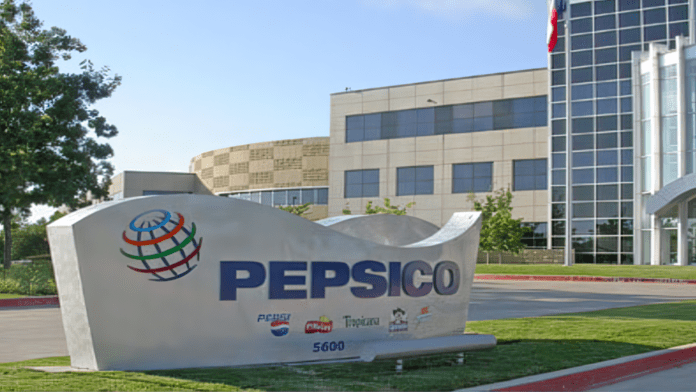PepsiCo, the prominent American company known for snacks and beverages, is preparing to resume snack manufacturing operations in Indonesia. This move comes two years after the company concluded a previous joint venture in the region.
PepsiCo has initiated the construction of a new production facility in the locality of Cikarang, situated in West Java. With a projected long-term investment of approximately $200 million, the company aims to foster the growth of the Indonesian market.
PepsiCo’s choice to re-enter the snack market in Indonesia was facilitated by investment incentives offered by the Indonesian government.
In early 2021, PepsiCo exited its snacks joint venture in Indonesia, selling its minority stake to local partner PT Indofood CBP Sukses Makmur. PepsiCo did not disclose the reason behind its decision to withdraw from the venture.
During their partnership, the collaboration yielded popular snack brands such as Lay’s, Cheetos, and Doritos for the domestic market. However, as per the conditions outlined in the sales agreement with their joint venture partner, PepsiCo and its affiliated entities committed to refraining from producing, packaging, selling, promoting, or distributing any rivaling snack food items in Indonesia for a duration of three years.
PepsiCo expects to commence snack production at the newly established facility by early 2025, marking the commencement of manufacturing activities a year after the agreed-upon period of inactivity.
The new facility established by the US company highlights a more comprehensive vision, emphasizing the importance of local talent, leveraging indigenous raw materials, and reinforcing the domestic value chain.
It added, “With its rapidly expanding economy, dynamic demographic profile and evolving consumer needs, Indonesia presents unparalleled opportunities, particularly in the F&B sector.
“Recognising this potential, the Indonesian government has shaped policies to cultivate a vibrant investment climate. Aligning with this favourable landscape, PepsiCo Indonesia has reaffirmed its long-term investment commitment to the country.”
PepsiCo has pledged to source most raw materials for its snacks, including corn and palm oil, from sustainable sources and to use renewable power sources.
Once ready, the new West Java manufacturing plant will span 60,000 sq m, dedicated to the production of snacks.
Asif Mobin, CEO of PepsiCo Indonesia, said, “In Indonesia, our expansion signifies more than growth – it represents our commitment to the country, its sustainability objectives, and the communities we serve.”





